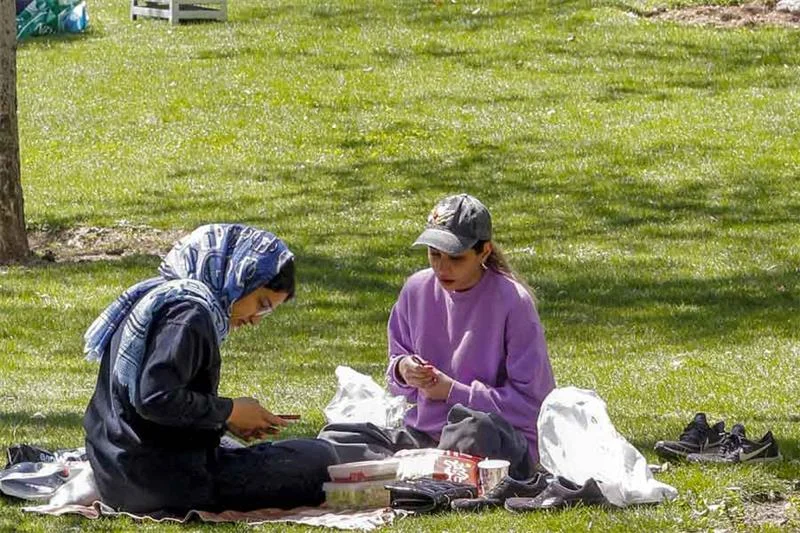The police in Iran have announced plans to use “smart” technology in public places to identify and penalize women who violate the country’s strict Islamic dress code. A statement released on Saturday said the force would “take action to identify norm-breaking people by using tools and smart cameras in public places and thoroughfares.”
The police plan to send “proof and warning messages to the violators of the hijab law” to inform them about the legal consequences of repeating the violation. The number of women in Iran defying the compulsory dress code has increased since a wave of protests following the death in custody of Kurdish-Iranian Mahsa Amini, 22, for allegedly flouting it.
Starting from next Saturday, people who remove their veil will be identified using smart equipment, Iran’s police chief, Ahmad-Reza Radan, said in an interview with state television. “People who remove their hijab in public places will be warned first and presented to the courts as a next step,” Radan added.
In addition, car owners will also receive a warning text if any of their passengers violate the dress code, and their vehicles will be seized if the offence is repeated. Last week, a viral video on social media showed a man throwing yoghurt at two women for not wearing hijab.
The head of the judiciary, Gholamhossein Mohseni Ejei, stated in late March that “Removing hijab amounts to enmity towards values, and people who commit such abnormality will be punished.” The requirement for women to wear the headscarf in public was enshrined in law shortly after the Islamic Revolution of 1979.
The use of smart technology to enforce the dress code has sparked concerns among human rights groups. The International Campaign for Human Rights in Iran called it “an outrageous violation of women’s rights.” The group’s executive director, Hadi Ghaemi, said in a statement that “this move by the Iranian government is yet another attempt to restrict the freedom of women in Iran, who are already subject to numerous discriminatory laws and practices.”
Critics of the dress code argue that it is a tool for the government to exert control over its citizens and suppress dissent. The increased enforcement of the dress code comes as Iran prepares for presidential elections in June 2021, with hardline candidates expected to dominate the race.




